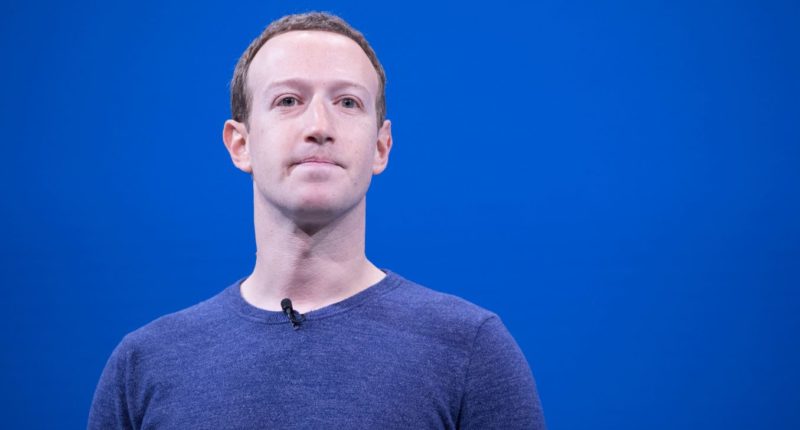The Trump vs Twitter battle just saw a major participant joining in with his views. Facebook CEO and founder Mark Zuckerberg has weighed in on the matter, in an interview with Fox News, with a stance that might not go down well with many.
In the interview, Zuckerberg has put out a rather contrarian move on the entire saga, stating that it is not and should not be the job of private companies to be arbiter of truth. He also talked about how Facebook’s policy on such matters is “different” from that of Twitter.
“I just believe strongly that Facebook shouldn’t be the arbiter of truth of everything that people say online,” he said during the interview. “Private companies probably shouldn’t be, especially these platform companies, shouldn’t be in the position of doing that.” The full interview is scheduled to air later today.
Zuckerberg’s comments will hold a lot of weight, specially after Donald Trump publicly threatened social media companies. He had said day before, that he would either “shut them down” or “heavily regulate” their activities. And while he did not directly name Twitter, it was more than clear where his indications were.
When asked about the threat issued by Trump, Zuckerberg said that he did not quite get the “reflex” there. He said, “I have to understand what they actually would intend to do. But in general, I think a government choosing to to censor a platform because they’re worried about censorship doesn’t exactly strike me as the the right reflex there.”
The comments could also be a way to smoothen out things for Facebook, as reports started coming in that President Trump may soon sign an executive order with respect to social media companies. While the contents of the order are unknown, it is surely related to the threat of shutting them down, that he issued yesterday.
Trump’s threat came after Twitter labeled one of Trump’s tweets on mail-in ballots for fact check. Donald trump had claimed, sans evidence, that mail-in ballots include widespread voter fraud and should hence not be considered. However, Twitter labeled the tweet for fact-check, stating that “no evidence” that mail-in voting would increase fraud risks and that “experts say mail-in ballots are very rarely linked to voter fraud.
Mark Zuckerberg’s comments could create controversy. That is largely because Facebook in itself has been accused several times of letting politicians from across the spectrum, run deceptive ads on its platform. The company has allegedly taken minimal to no action, despite claims made against that opinion by Facebook. More recently, Facebook allowed influencers to create and publish sponsored content for political campaigns upon proper declaration, something that created a controversy the moment it was announced.
The Tech Portal is published by Blue Box Media Private Limited. Our investors have no influence over our reporting. Read our full Ownership and Funding Disclosure →






